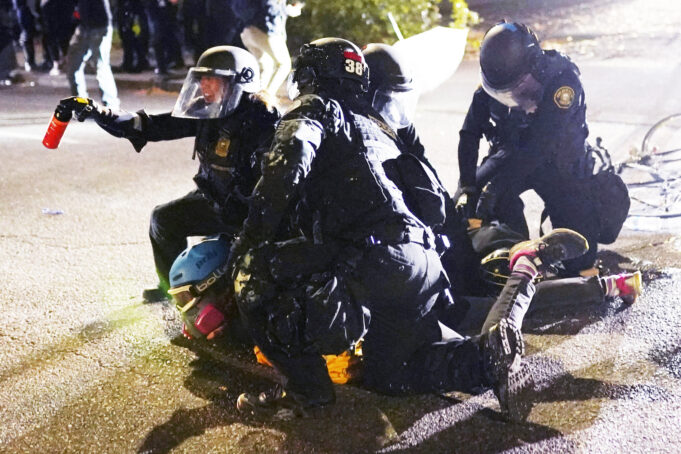America loves to operate as the world’s moral police, but now, the world is watching her.
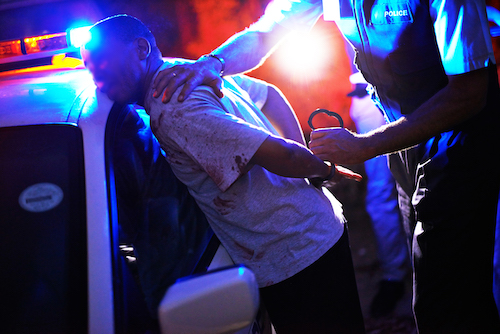
At least, according to a recent report by Amnesty International, titled, “USA: The World is Watching: Mass Violations by U.S. Police of Black Lives Matter Protesters’ Rights.”
Following the killing of George Floyd, the human rights organization documented what it reports as “serious human rights concerns in relation to the use of excessive force,” citing 125 separate incidents of police violence against protesters in 40 states and the District of Columbia.
“The report from Amnesty is a very important report that in fact helps to document what we know to be persistent problems with policing in the U.S., especially when there is political opposition,” said Ajamu Baraka, an international human rights activist. “The kind of brutality we saw from the police forces that was transmitted globally is something that we are very familiar with. It just so happened this time that the entire international public got a sense of the kind of heavy-handed brutality that is a central component of U.S. policing.”
George Floyd died on May 25 in Minneapolis, Minnesota, after former officer Derek Chauvin held the 46-year-old Black man in a knee chokehold for almost nine minutes. Activists connected the chokehold technique to Israeli training methods. While the connection was based on speculation, it is true that many police departments in America are trained by Israel, a point noted by Mr. Baraka. He said police learned many of their techniques from Israeli defense forces.
“People who are familiar with those tactics in the international community, they recognized those tactics when they were watching how the U.S. police forces were responding to the protesters. That was a very graphic stripping away of the veil of the repressive connection between the U.S. policing and the policing of the oppressed Palestinian people in Israel,” he said.
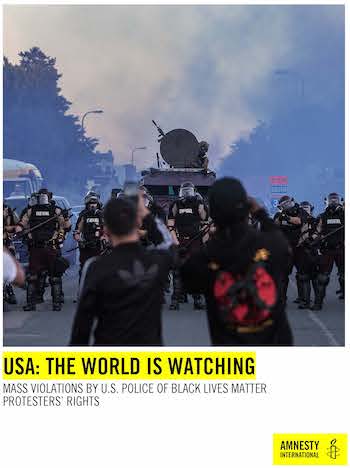
George Floyd’s death sparked worldwide protests and national calls to defund the police. In the midst of those protests, Amnesty documented beatings, the misuse of teargas and pepper spray and the inappropriate firing of projectiles such as rubber bullets. Furthermore, law enforcement targeted journalists, legal observers and street medics. Amnesty surveyed police violations between May 26 and June 5.
Mr. Baraka, who is also a national organizer of the Black Alliance for Peace, said it’s important to look at the United States within the context of the human rights framework.
“When you connect U.S. actions even beyond its borders, one has to come to the conclusion that the U.S. in fact is a number one international violator of human rights,” he said.
The data from the Amnesty report shows that Black people are disproportionately impacted by police killings. Black people make up 13.2 percent of the United States’ population but represent 24.2 percent of deaths from police use of firearms.
“The use of lethal force against people of colour in the USA should be understood as part of the wider pattern of racially discriminatory treatment by law enforcement officers, including unjustified stops and searches, excessive use of force and racial profiling. Such treatment violates international human rights law which strictly prohibits all forms of discrimination,” the report reads.
Rashidah Grinage, the coordinator for the Coalition of Police Accountability, an organization out of Oakland, Calif., said the world watching America is embarrassing for the country.
“But I think what’s really more important than how we are seen is what the reality is. The reality is people are losing their lives, which is a lot more important than perception,” she said. “This racist element of law enforcement has been here from the beginning, and people have lost their lives from the beginning of this country.”
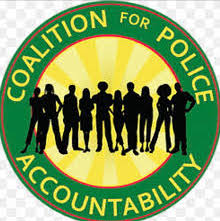
Amnesty International Aug. 4 presented some key recommendations to American law enforcement. The organization proposes limiting the use of deadly force by launching independent investigations and ensuring accountability in cases of unlawful use of force by police.
Ms. Grinage recognizes that the lack of police accountability is an issue.
“In Oakland, what we did is realize that in order to get any kind of police accountability, we needed to establish an independent police commission made up of residents of Oakland who were not politically affiliated and who would represent the needs and the values of our community when it comes to policing,” she said.
They created an initiative and changed the charter of the city.
“As a result, we now have a police commission that has the authority to make changes in policy, including the use of force, that has the authority to discipline officers, including the police chief,” she said. “I think that other cities need to start thinking along these lines of how to change the charter of a city to grant the power to hold police accountable to citizens; not to the mayor, not to the city manager, but to a group of citizens.”
Amnesty reports that there has been a “lack of progress on laws governing use of lethal force by police officers” and that “all 50 states and Washington, D.C., fail to comply with international law and standards on the use of lethal force by law enforcement officers.” Furthermore, 11 states do not even comply with standards set by U.S. constitutional law.
The human rights organization recommends Congress to pass the George Floyd Justice in Policing Act of 2020, including the Police Exercising Absolute Care with Everyone (PEACE) Act. According to the report, the act “would bar federal law enforcement from using deadly force unless necessary as a last resort to prevent imminent death or serious bodily injury and prevent states from receiving federal funding unless they enact a similarly restrictive state use of force law.”
Mr. Baraka said activists need to make the connection between the U.S. police force and the U.S. military.
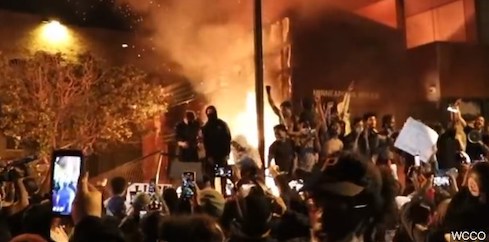
“They both represent the same objective of White power,” he said. “It becomes absolutely absurd to allow for U.S. authorities to pretend that Black lives matter in the U.S. when the U.S. is systematically violating and taking away the lives of Black people in places like Venezuela, the African continent and other people of color in places like Yemen, Syria, Iraq.”
He said the people have to start controlling the policing in their own communities.
“That goes beyond the call for defunding the police. Defunding the police does not address the issue of control. It does not address the necessity for changing the relationship between the communities and the police,” he said. “If there’s not community control of the police in every aspect, then the call for defunding is just somewhat of a diversion to keep activists engaged in a policy fight when the fight really is about power.”
Ms. Grinage commented on the lack of discipline in police departments.
“At the end of the day, all humans do what’s in their best interest. If we don’t discipline and in some cases fire officers who behave with a racial bias, then we will not be able to change that behavior. Because the peer pressure is very strong in police departments,” she said.
“The cost of doing wrong has to be greater than the benefit of doing wrong, and that’s when you’ll start to see behaviors change. Until that happens, even though we may train differently, even though we may have better policies, if the discipline is not enforced when officers behave in a racist way, that behavior will not stop,” she continued.
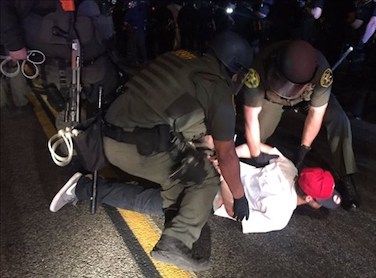
Mr. Baraka said there has to be organization and clear objectives.
“We call for the community control of the police as we move toward complete community self-determination. If we’re not controlling our own institutions, then basically we’re just perpetuating the colonized semi-slave status that we are currently in,” he said.
He said the fight in the United States is a fight for human rights and that oppressed people have a right to fight for their human rights.
“People-centered human rights are human rights that call for self-determination, democracy and social justice,” he said. “That call for people-centered human rights is a call that is not made just to the authorities, but one made to the people, because in the end, it is only the organized people themselves that can guarantee their collective human rights.”












